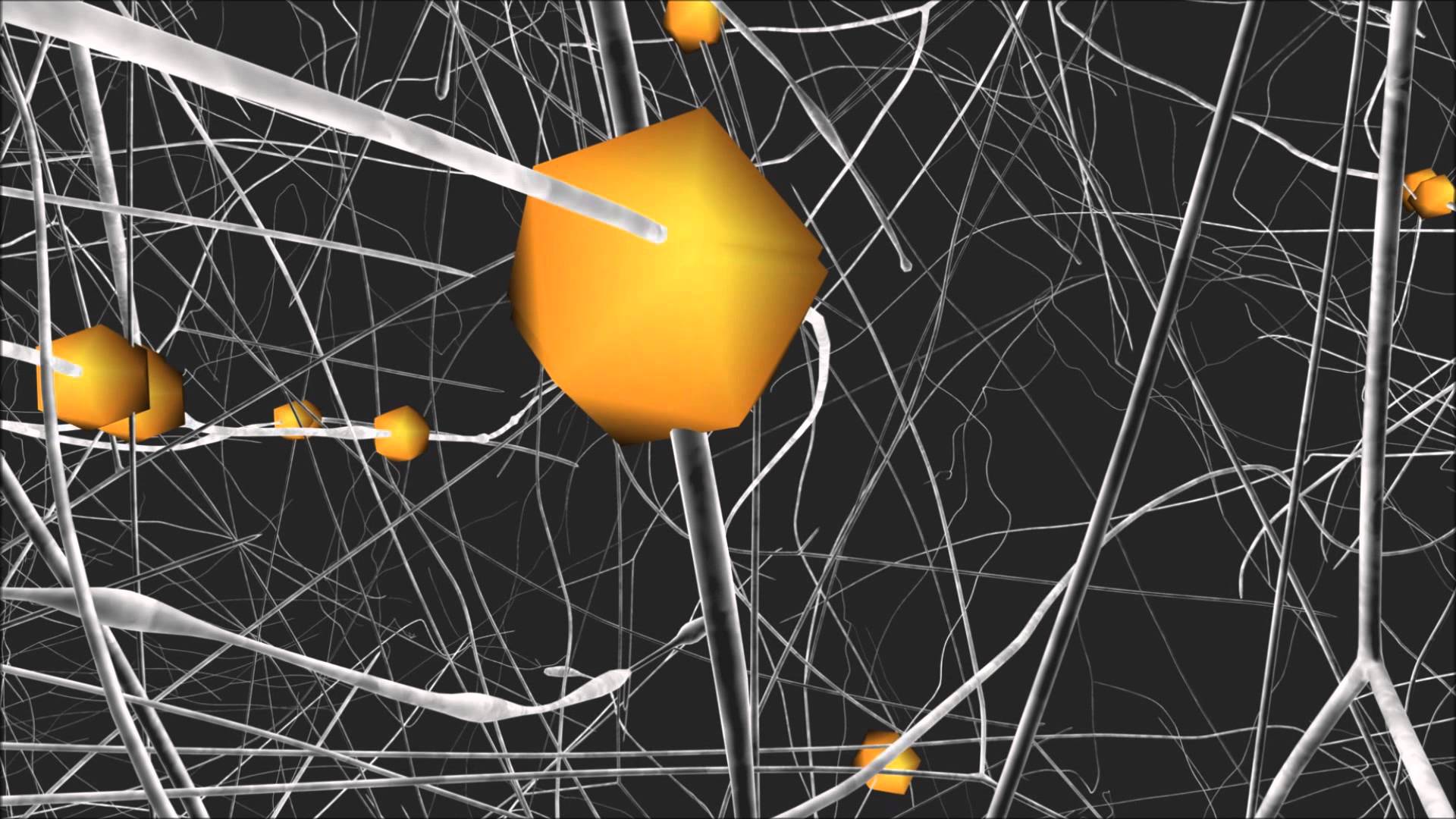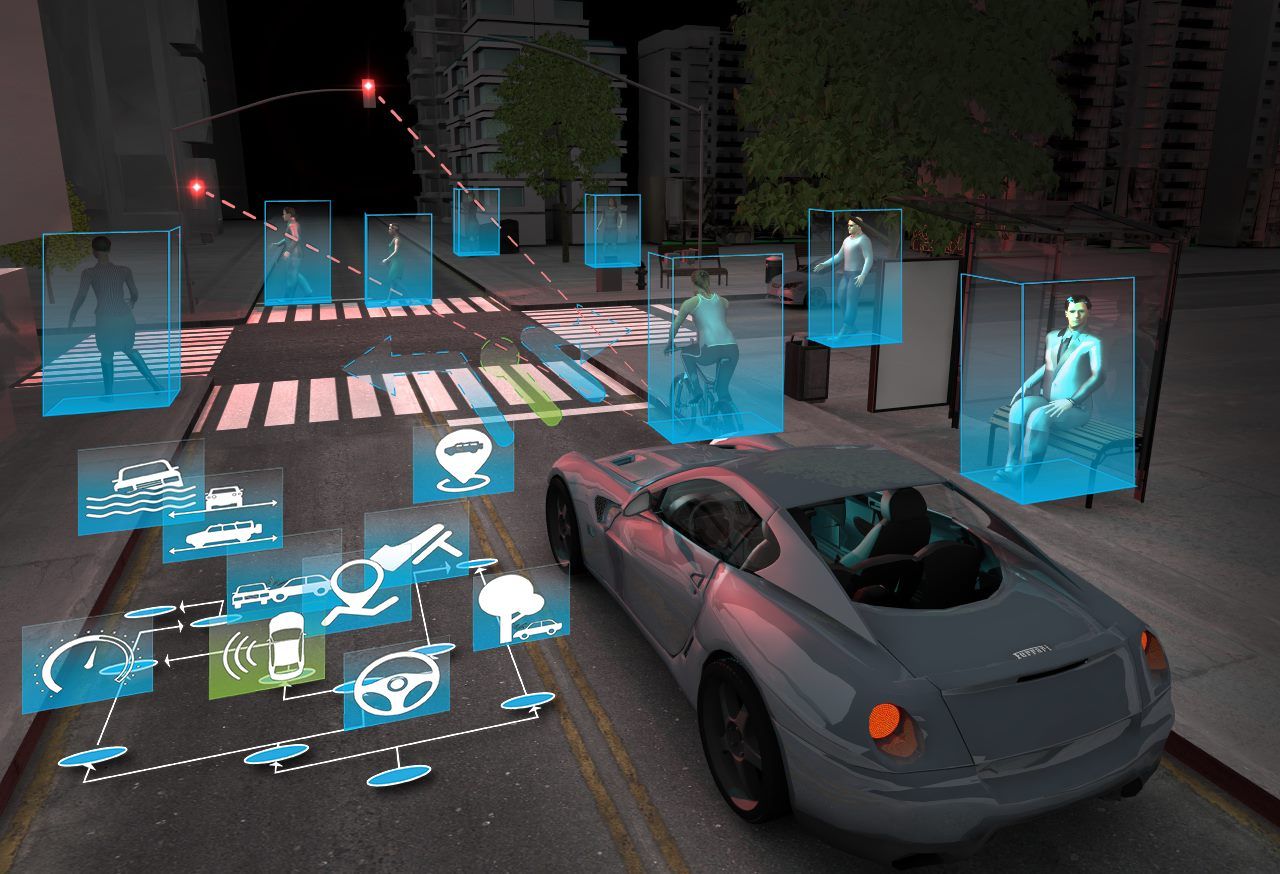Jun 14, 2017
Neural Implant Tech Raises the Specter of Brainjacking
Posted by Montie Adkins in categories: cybercrime/malcode, Elon Musk, internet, neuroscience
Fun in fiction. Perhaps not so much in reality.
The human mind is already pretty open to manipulation—just ask anyone who works in advertising. But neural implant technology could potentially open up a direct digital link to our innermost thoughts that could be exploited by hackers.
In recent months, companies like Elon Musk’s Neuralink, Kernel, and Facebook have unveiled plans to create devices that will provide a two-way interface between human brains and machines.
Continue reading “Neural Implant Tech Raises the Specter of Brainjacking” »


















